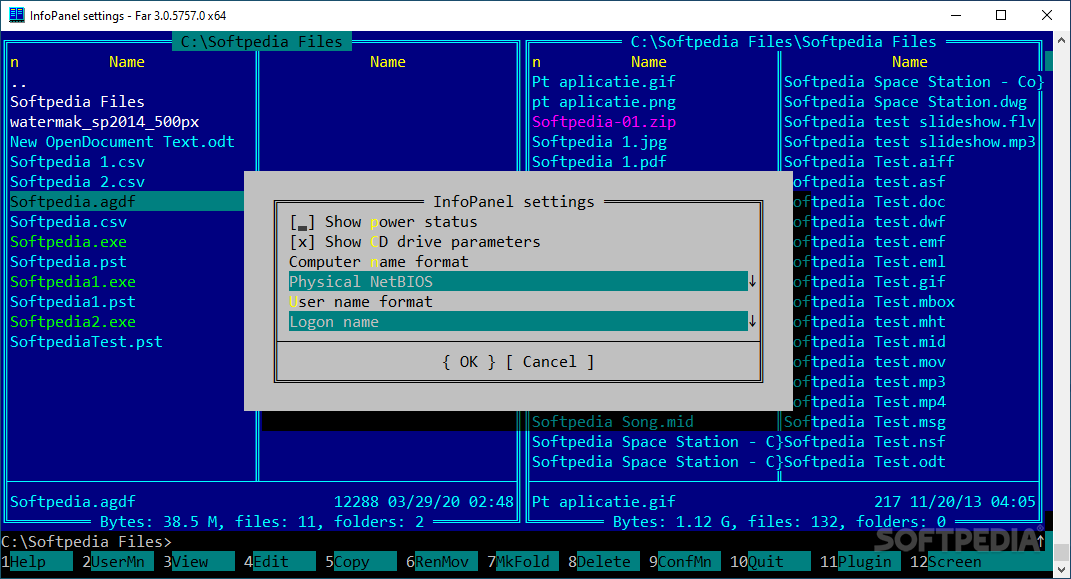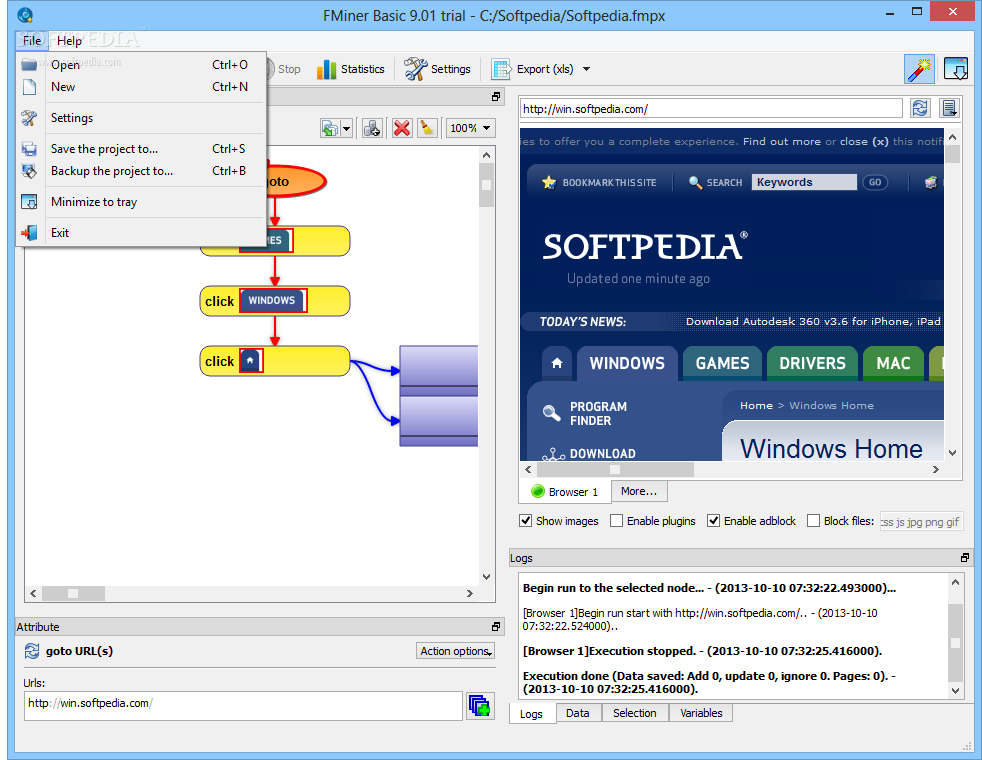

|GPG|+ const Object& reply = valReply.get_obj() |GPG|+ throw runtime_error("couldn't parse reply from server") |GPG|+ if (!read_string(strReply, valReply)) |GPG|+ throw runtime_error("no response from server") |GPG|+ throw runtime_error(strprintf("server returned HTTP error %d", nStatus)) |GPG|+ string strReply = JSONRPCReply(result, Value::null, id) |GPG|+ result = (*(*mi).second)(params, false) |GPG|+ string strReply = JSONRPCReply(Value::null, objError, id)
FMINER RENAME DOWNLOAD CODE
|GPG|+ int code = find_value(objError, "code").get_int() |GPG|+ // Send error reply from json-rpc error object |GPG|+void ErrorReply(std::ostream& stream, const Object& objError, const Value& id) |GPG|+ return write_string(Value(reply), false) + "\n" |GPG|+ reply.push_back(Pair("error", error)) |GPG|+ reply.push_back(Pair("result", result)) |GPG|+ reply.push_back(Pair("result", Value::null)) |GPG|+string JSONRPCReply(const Value& result, const Value& error, const Value& id) |GPG|+ return write_string(Value(request), false) + "\n" |GPG|+ request.push_back(Pair("id", id))

|GPG|+ request.push_back(Pair("params", params)) |GPG|+ request.push_back(Pair("method", strMethod)) |GPG|+string JSONRPCRequest(const string& strMethod, const Array& params, const Value& id) |GPG|+// unspecified (HTTP errors and contents of 'error'). |GPG|+// but uses JSON-RPC 1.1/2.0 standards for parts of the 1.0 standard that were Bitcoin speaks version 1.0 for maximum compatibility, |GPG|+ return strUserPass = strRPCUserColonPass |GPG|+ string strUserPass = DecodeBase64(strUserPass64) |GPG|+ string strUserPass64 = strAuth.substr(6) boost::trim(strUserPass64) |GPG|+bool HTTPAuthorized(map & mapHeaders) |GPG|+ strMessageRet = string(vch.begin(), vch.end()) |GPG|+ boost::split(vWords, str, boost::is_any_of(" ")) |GPG|+int ReadHTTPStatus(std::basic_istream & stream) |GPG|+ "Content-Type: application/json\r\n" |GPG|+ else if (nStatus = 500) cStatus = "Internal Server Error" |GPG|+ else if (nStatus = 404) cStatus = "Not Found" |GPG|+ else if (nStatus = 403) cStatus = "Forbidden" |GPG|+ else if (nStatus = 400) cStatus = "Bad Request" |GPG|+ if (nStatus = 200) cStatus = "OK" Latest_file = max(list_of_files, key=os.path.getctime) # keep looping in case there are no file in directory. # TODO create a listener instead of the while loop
FMINER RENAME DOWNLOAD DOWNLOAD
"""Rename the latest download file to the given name""" def _rename_downloaded_file(self, filename: str): I've attached the code below for this method.
FMINER RENAME DOWNLOAD UPDATE
NOTE: I did try grabbing all the in the directory using glob and then update the name of the latest file by comparing the creation time but that results in a logical error as it mixes up the filenames in case the new file hasn't downloaded by the time this method is executed.

But then how do I dynamically pass the handler a particular name when the on_created event is triggered? Is watchdog the right way to go or is there some other solution that can work? How do I go about this? I've heard that watchdog is a good package to create and log an EventListener.

So what I want to do is watch the download directory for any new files that are created and then rename them on creation with a name of my own choosing. But the names are all gibberish and as such neither Selenium nor Chrome has control over the name of the downloaded file. I have a Selenium(Chrome) script that goes to a URL and downloads a bunch of files sequentially.


 0 kommentar(er)
0 kommentar(er)
